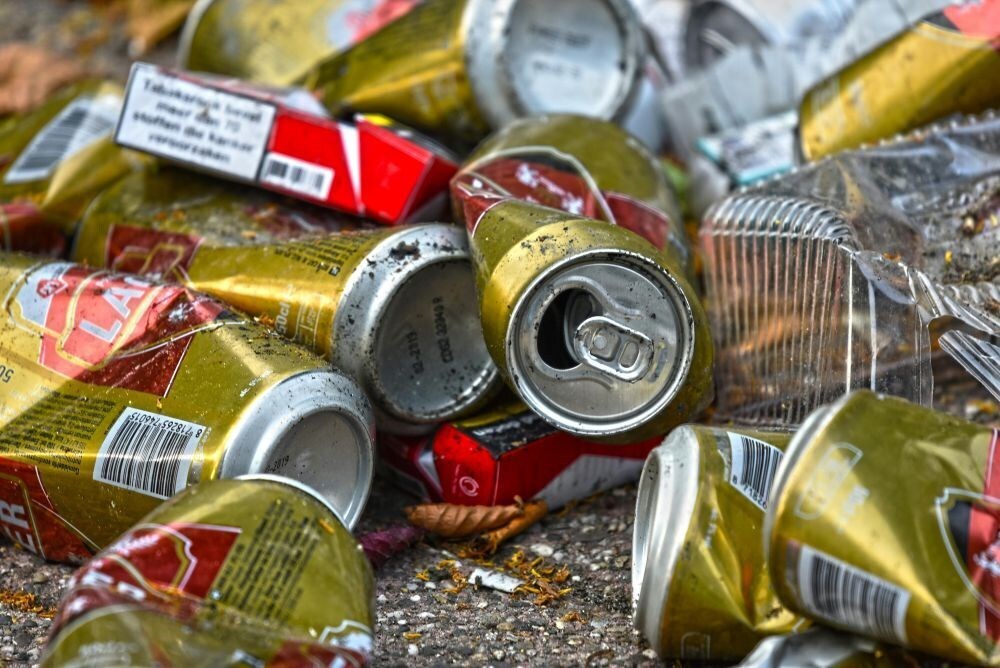

Damian Gordon, an Australian recycler, began collecting discarded drink containers along beaches, roadsides and at festivals in New South Wales. He used Australia’s container-deposit scheme (worth 10 cents per eligible item) to turn bottles and cans into cash. Over several years he amassed roughly AUD 46,000 (USD 30,084), enough for a modest two-bedroom home in a rural area.

Explore- Most accurate data to drive business decisions with 50+ reports across the value chain
He said that his biggest single-day haul came from cleaning up after large-scale events, “I’m going to recycle my way to a house deposit.”
His efforts highlight how small, consistent actions, keeping nearly half a million containers out of landfill not only rewarded him financially but also carried environmental benefits. In his variant of cleaning up the local community, he turned “one man’s trash” into his treasure. The local news sources reported, “One man’s trash truly became another man’s treasure - or, in this case, a two-bedroom home.”
The scheme under which Gordon worked is more than just a financial windfall. Recycling aluminium uses about 95 per cent less energy than making new metal from raw material, and every tonne of recycled aluminium can prevent around nine tonnes of CO₂ emissions. Gordon’s story offers a personal lens on broader recycling potential - that even individual actions can create ripple effects both socially and environmentally.
Global recycling outlook
On a global scale, the International Aluminium Institute (IAI) released a study showing that effective recycling of used aluminium beverage cans could save up to 60 million tonnes of CO₂e annually by 2030. The study, developed in collaboration with Emirates Global Aluminium, Crown Holdings, the Australian Aluminium Council, and Novelis, lists 25 levers to increase recycling performance across six countries (Australia, Cambodia, South Korea, Thailand, the UAE and Vietnam).
Some key national rates from the study state that South Korea at 96 per cent, Vietnam 93 per cent, Cambodia 90 per cent, Thailand 86 per cent, Australia 74 per cent and the UAE 33 per cent.
Also Read: Every Can Counts U.S. launches new recycling initiative at East Potomac Golf Links
Why it matters
Gordon’s personal journey adds a human face to the macro data. His story shows how policy (deposit-refund schemes), individual effort and environmental consciousness can combine. Meanwhile, the IAI study shows the larger systemic opportunity: if hundreds of millions of cans are redirected from landfill into circular reuse, the emissions payoff is substantial.
Grassroots clean-ups, container returns, and responsible recycling can scale into real impact. Even without universal deposit schemes, local action delivers personal reward and global environmental benefit.
Don't miss out- Buyers are looking for your products on our B2B platform
Responses








